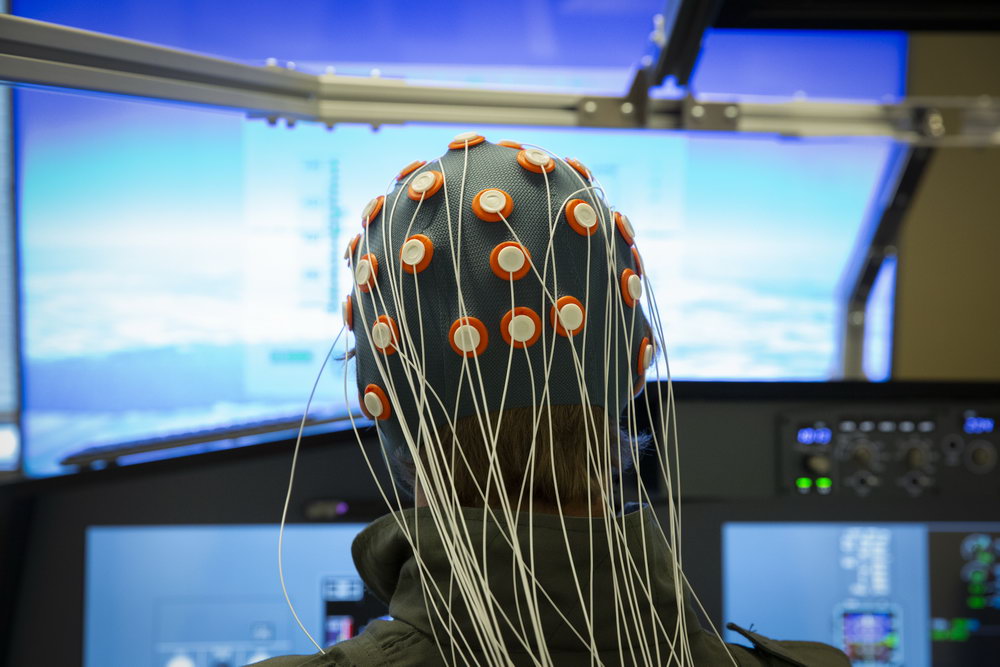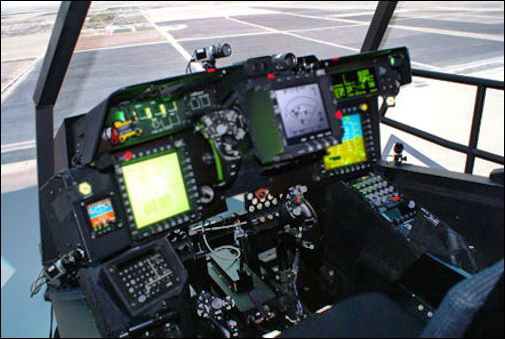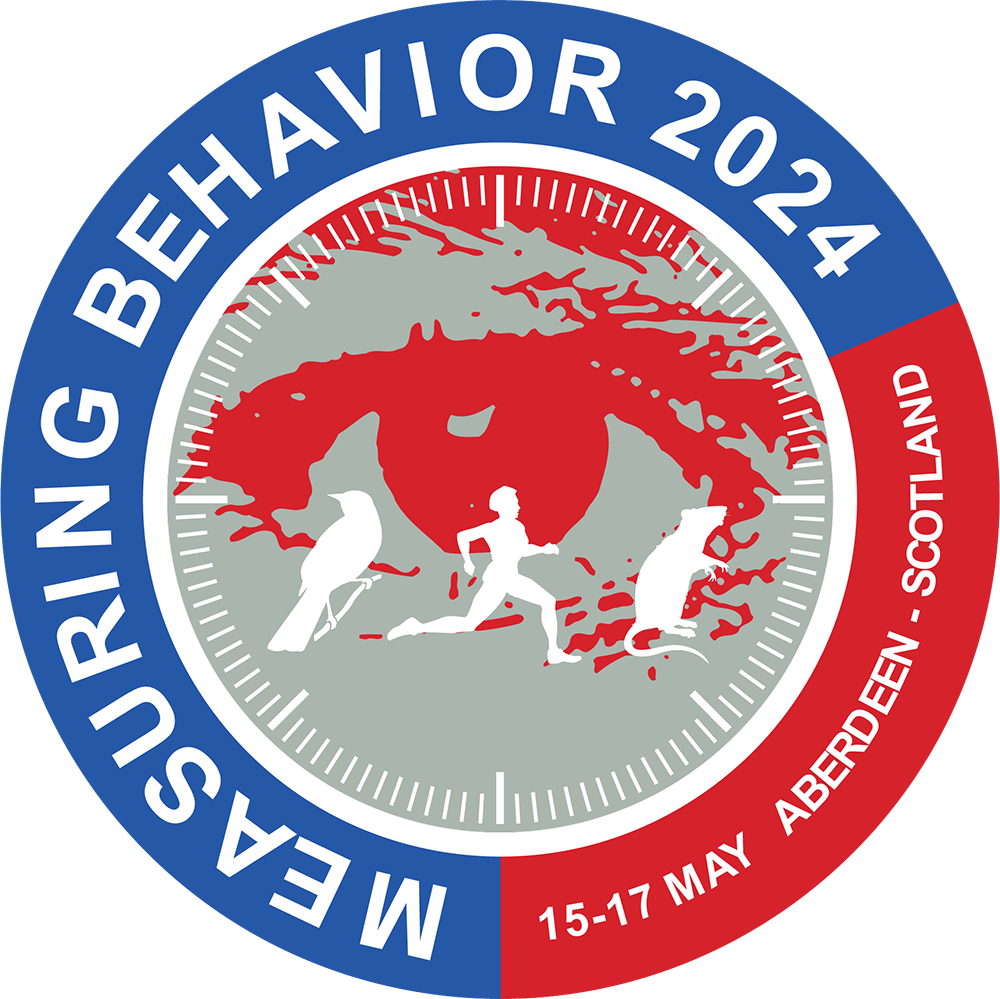Organizers:
- Anne-Marie Brouower, TNO and Radboud University, The Netherlands
- Ivo Studreher, TNO, The Netherlands
- Maykel van Miltenburg, Royal Netherlands Aerospace Centre, The Netherlands
- Michael Tolston and Gregory Funke, Air Force Research Laboratory, USA
Schedule: Wednesday 15th May 10:00 – 11:50, Conference Suite 2A
10:00 – 10:20 Ivo Stuldreher – Assessing progress in flight performance in a virtual reality simulator
We explored the possibility of objectively assessing the progress in manual flying skills of student pilots using a virtual reality (VR) flight simulator. Fifteen participants practiced basic flight maneuvers based on self-study and without receiving feedback. Objective measures of flight performance were extracted and combined, and a learning curve was fitted to capture training progression. The results of this study show the potential of measuring learning performance in VR.
10:20 – 10:40 Bertille Somon – EEG characterization of dynamic complex processes and rare events to understand operator’s activity in aeronautical context.
Characterizing the supervisory activity of operators in a dynamic environment from electroencephalographic (EEG) data remains difficult due to the complexity and temporality of the cognitive processes involved. We present our team’s work highlighting the problems posed by EEG analyses in this context, and proposals for better characterizing supervisory activity, particularly when supervising the performances of automated systems that require few actions from operators and can generate the out-of-the-loop phenomenon, a source of incidents.
BREAK
11:10 – 11:30 Anneka Hamann – A Window into the Mind? On Usefulness and Challenges of Neurophysiological Measurements in the Cockpit
Neurophysiological measurements seem a powerful tool for investigating pilots’ cognitive states. Such measurements need to be reliable and valid in order to gain interpretable and robust results. Recent research, however, suggests that this may not be as easy as it seems. In this paper, we give a short overview of commonly used neurophysiological measurements, and problems that need to be overcome to make these measurements the valid, reliable source of information we wish for.
11:30 – 11:50 Maykel van Miltenburg – Unlocking Cost-Effective Insights: Leveraging Webcam Metrics for Cognitive Workload Assessments
This study illuminates the potential of cost-effective webcams for assessing cognitive workload, emphasizing correlation between webcam-derived blinks and high-resolution eye-tracking systems. Significant effects on performance metrics and physiological markers were observed in a multitasking setup. Despite limitations, the absence of a calibration session introduces potential advantages aligned with the study’s objectives. This research contributes to the development of accessible and economical methodologies for real-world workload assessment, paving the way for broader applications in diverse settings.
Description:
Implicit and continuous measures of mental state (e.g. attention, workload, disorientation) and momentary physical or health state (e.g. hypoxia, nausea, g-induced loss of consciousness) are potentially valuable, even life-saving, in military and other pilots. From the point of view of measuring and interpreting physiology, eye movements and other behavior, the cockpit and air traffic control centers comprise relatively well-defined environments. Much of the professionals’ sensory input and task is known and can be used to extract information on mental and physical state from the data.
There is a long tradition of measuring behavior and physiology in and around the cockpit. In this symposium, we want to present the latest results, insights and remaining challenges from simulator and real-life studies in the aviation domain, including control of UAVs (Unmanned Arial Vehicles).


 Measuring Behavior
Measuring Behavior